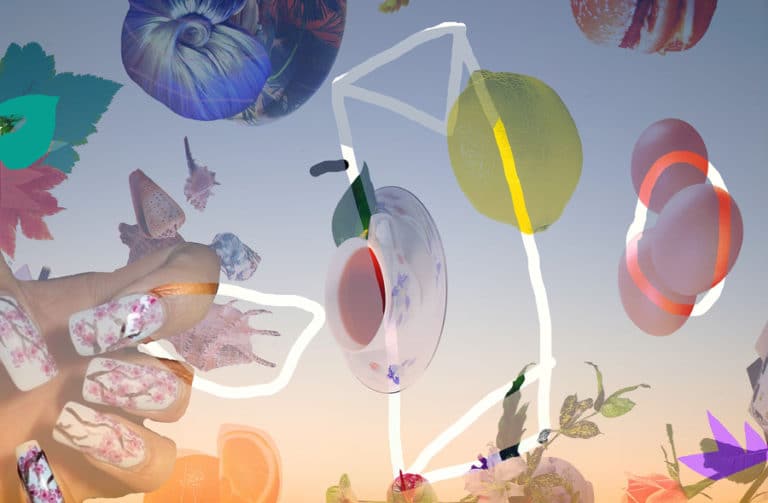The one million girl coders mark

Senegalese-born technology entrepreneur Mariéme Jamme is on a mission—to reach one million young girls and women living in marginalised communities across the world with computer programming skills by the year 2030. This, she hopes, will be a first but crucial step in enhancing technology literacy and ultimately address some of the most pressing global problems that affect women, including poverty, marginalisation and gender inequality.
Despite the major international strides made in ensuring access to education for all, over 60 million children of primary school age around the world are out of school, and 200 million teenagers, most of them girls, do not attend secondary schools according to UNESCO. In Africa alone, up to 28 million girls have no access to education and are prone to early marriages, prostitution and human trafficking.
Mariéme is courting technology to ensure that these girls are empowered with the requisite skills that allow them to contribute to personal growth and global development. She has started the iamtheCODE movement which has seen her transverse the world in search of girls who are restricted from access to education. The movement mobilises investors, governments and private sectors to develop Science, Technology, Engineering, Arts, Mathematics, Entrepreneurship and Design (STEAMED) education as a way of advancing the UN’s Sustainable Development Goals (SDGs). She wants to create the next set of digital leaders while chaperoning a global tech movement.
Mariéme’s passion comes from a personal foundation. Abandoned by her mother at a young age in Senegal and having been forced to live in 28 foster houses with no formal education, she was trafficked to Paris where she survived in a tube station for three years before being rescued by the police and placed in a rescue centre. Mariéme only learnt to read and write at the age of 16. When she eventually relocated to the U.K., she taught herself software programming and never looked back. She has since built a series of organisations around women empowerment, yet iamtheCODE remains her personal passion.
The programme has to date benefitted 7,300 people in 54 countries around the world. “I want to use data as a commodity. To make sure that every African is accounted for. That the young women who are trafficked are accounted for. We cannot talk about sustainable development goals without counting people,” she said while delivering her speech at TEDxMünchenSalon. From the hinterlands of Afghanistan and the Chinese schools to refugee camps in Northwestern Kenya, she has met thousands of girls who continue to inspire her cause.
In her recent visit to Kakuma and Kalobeyei refugee camps in Northwestern Kenya, Mariéme was able to meet and influence 250,000 people, a majority of whom have faced difficult childhoods like herself as a result of conflict in South Sudan and Somalia. “The evidence shows that if we do not break down barriers and help move girls in the technology industry forward through inclusion, we will be creating layers of citizenship and a digital divide in our society,” she writes in her website.
iamtheCODE has become the first of its kind to be globally recognised by the World Economic Forum, UBS, Microsoft, the UN High-Level Panel on Women’s Economic Empowerment and UN Women for its approach to connecting STEM education with the Sustainable Development Goals.
Mariéme on the other hand has received a series of accolades for her initiative. UNICEF and the Bill and Melinda Gates Foundation last year honoured her for her contributions towards the SDGs. She was also featured in the 2017 Powerlist of Britain’s 100 most influential people of African and African-Caribbean heritage. In 2013 she was also nominated by the World Economic Forum as a Young Global Leader for her active participation in women empowerment.
With tech hubs, like JJiguene in Senegal which she has helped establish, hackathons and Slum Coder programmes, Mariéme believes that her movement will bring technology closer to the people who need it, as well as providing them with the tools to develop innovative solutions to their everyday problems while creating jobs and nourishing more prosperous lives.
“We have everything we need to make the change. We have educators, tools, money, and commitments. We must do this now.” She further added in her TedTalks speech.
This article was originally published by FAIRPLANET as part of an ongoing content partnership.




